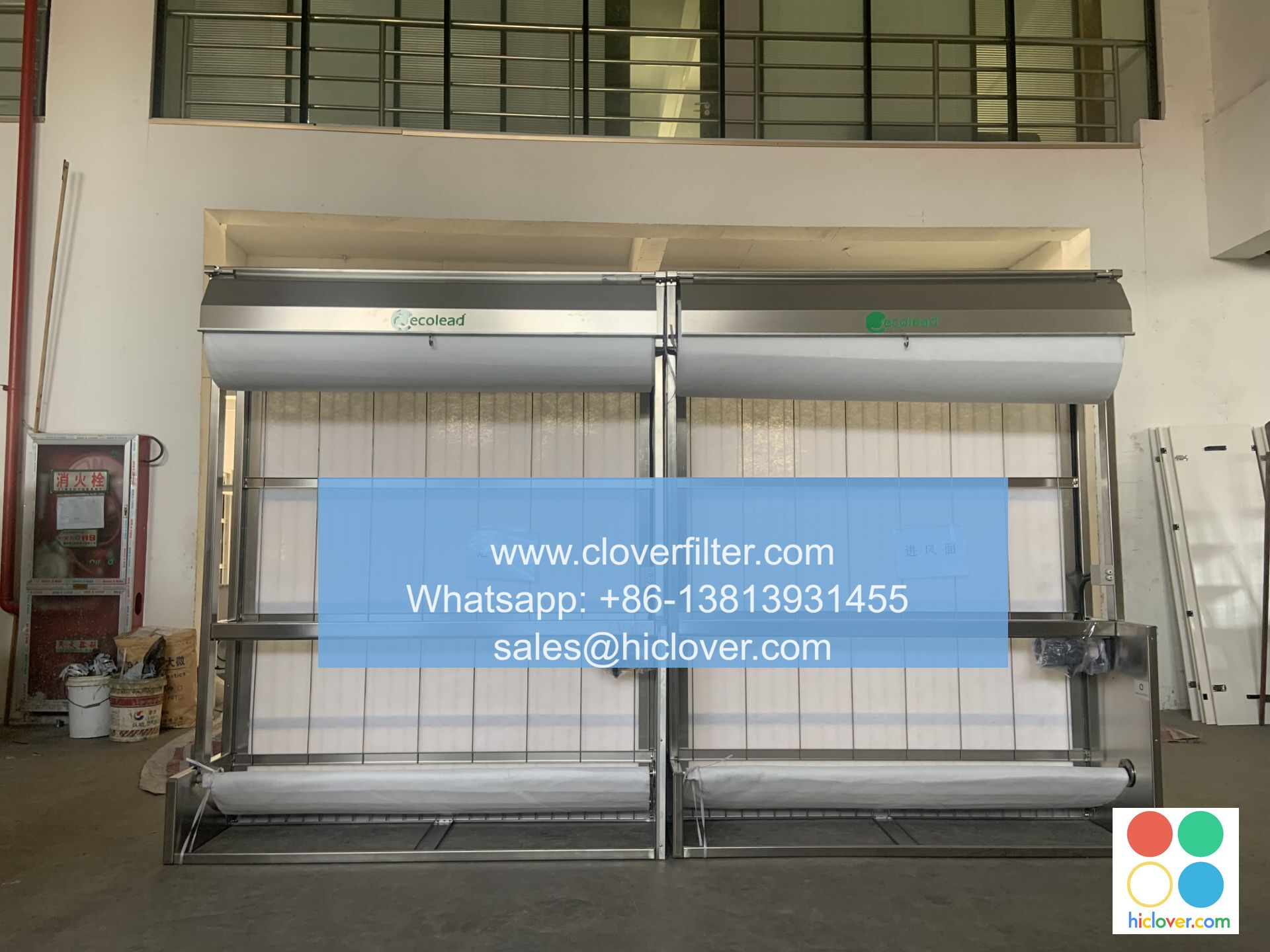Air Filter Market Trends: How Sustainability is Redefining the Industry

Air Filter Market Trends: How Sustainability is Redefining the Industry
Introduction
The air filter market is a rapidly growing industry, with the demand for high-performance filters increasing globally. As concern for the environment and human health continues to rise, the industry is undergoing a significant shift towards sustainability. In this article, we will explore the latest market trends, highlighting the impact of sustainability on the air filter industry and the opportunities it presents.
Sustainability: The New Buzzword
Sustainability has become a primary concern for consumers, governments, and businesses alike. The air filter industry is no exception, with companies recognizing the need to adapt to this new reality. Consumer awareness about environmental impact has led to a significant push for eco-friendly products, and air filters are no exception. Manufacturers are now focusing on developing sustainable products that not only meet environmental standards but also provide optimal performance.
Key Trends in Air Filter Market
- Increased adoption of eco-friendly materials: The use of recycled materials, bioplastics, and natural fibers is on the rise, reducing the environmental footprint of air filters.
- Energy-efficient designs: Filters are being designed to optimize energy consumption, reducing the strain on power grids and minimizing carbon emissions.
- Advanced filtration technologies: New technologies, such as nanofiltration and ultraviolet (UV) light, are being integrated into air filters to improve their effectiveness while reducing waste.
- Smart filters: Intelligent filters are being developed to optimize air quality monitoring and control, reducing energy consumption and lowering emissions.
Application Areas: Where Sustainability Meets Performance
- Building and Construction: Sustainable air filters are becoming essential in commercial and residential buildings, ensuring better air quality and reduced energy consumption.
- Automotive: The automotive industry is shifting towards eco-friendly air filters, reducing emissions and improving fuel efficiency.
- Industrial and Manufacturing: Manufacturers are adopting sustainable air filters to maintain optimal working conditions while minimizing environmental harm.
- Agriculture and Greenhouse: Air filters are being used to maintain optimal growing conditions, reducing waste and ensuring healthy environments for crops and livestock.
Challenges and Opportunities
While the shift towards sustainability presents numerous challenges, it also opens up new opportunities for innovation and growth.
Challenges:
- Higher production costs: The use of sustainable materials and technologies may lead to increased production costs, making it essential for companies to balance sustainability with profitability.
- Consumer awareness and education: Educating consumers about the benefits of sustainable air filters is crucial to increasing adoption rates.
- Standards and regulations: Governments and regulatory bodies must establish clear standards for sustainable air filters, ensuring consistency and reliability.
Opportunities:
- First-mover advantage: Companies that adopt sustainable practices early on can gain a competitive edge in the market, attracting environmentally conscious consumers and government contracts.
- Increased demand: As consumers become more aware of the importance of sustainability, demand for eco-friendly air filters will increase, offering opportunities for growth and expansion.
- Partnership and collaboration: The industry will see more collaboration and partnerships between manufacturers, government, and non-governmental organizations to drive sustainability and innovation.
Conclusion
The air filter market is undergoing a significant transformation, driven by the need for sustainability. As consumers demand eco-friendly products, manufacturers are rising to the challenge. With a focus on energy-efficient designs, advanced filtration technologies, and sustainable materials, the future of the air filter industry looks promising. As we move forward, it is essential to address the challenges and capitalize on the opportunities presented by this shift towards sustainability. By doing so, the air filter industry can not only reduce its environmental impact but also thrive in a rapidly changing market.
I’m happy to help! However, I need a bit more context. Could you please provide more information about what you would like assistance with or what topic you’d like to discuss?

